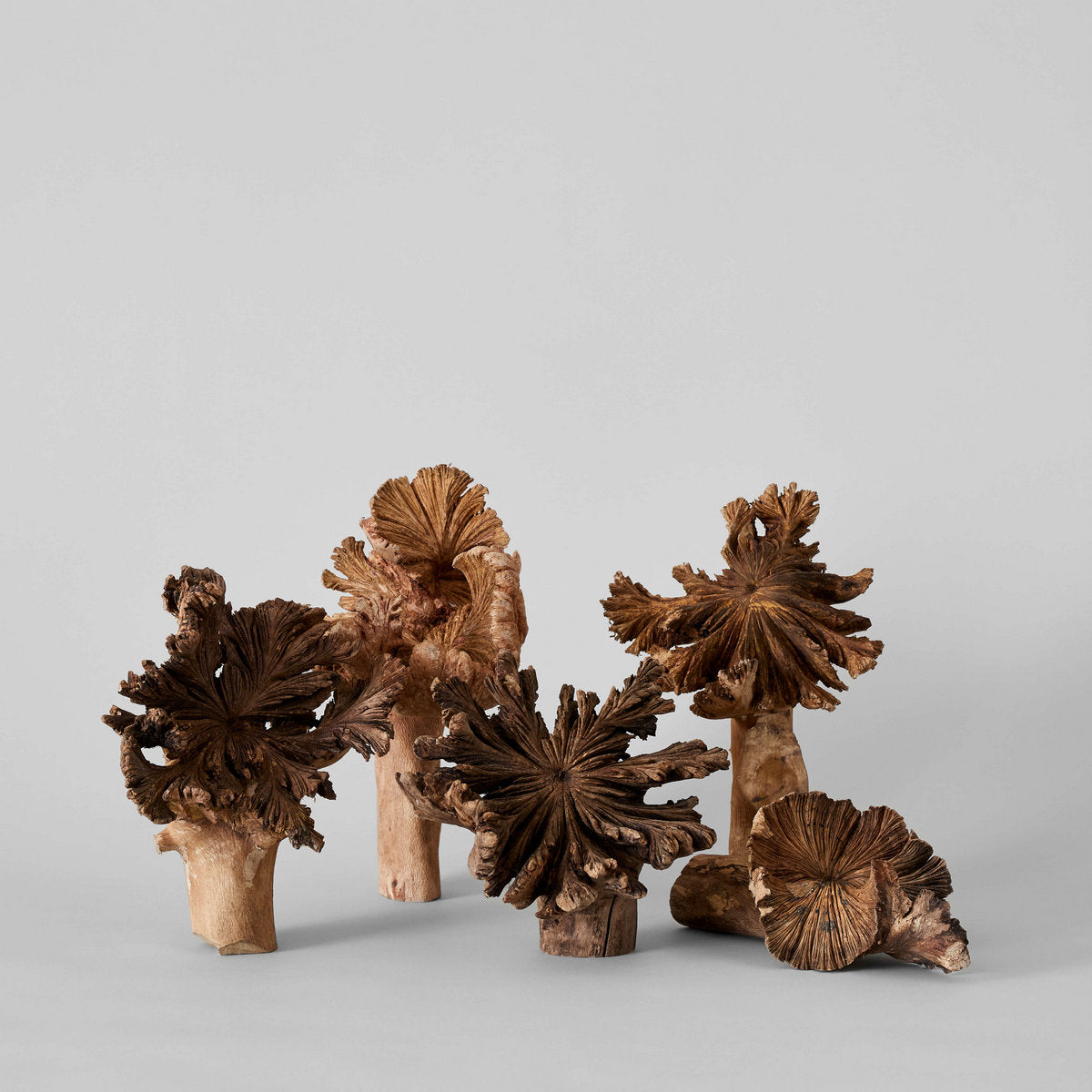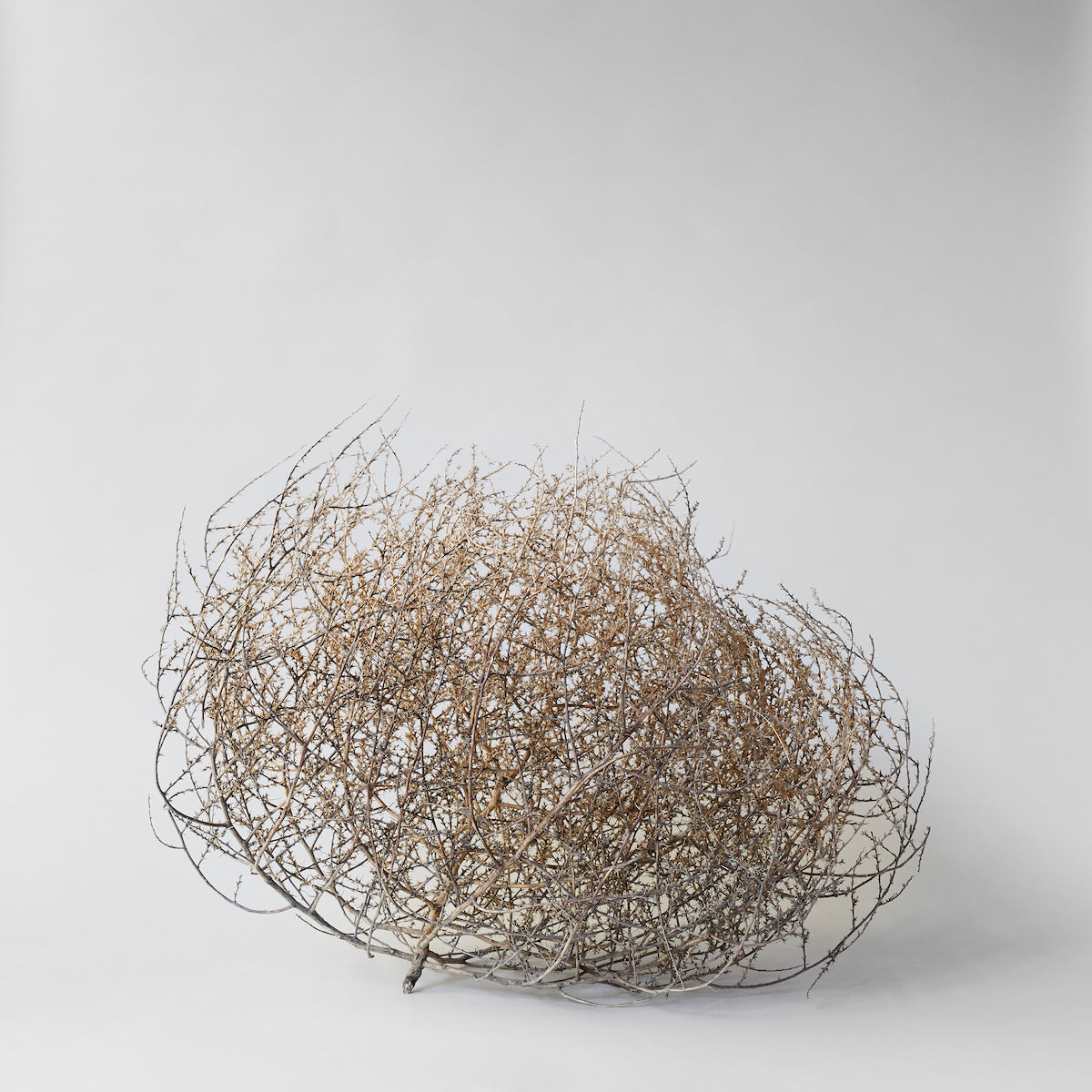Gifting has never been easier
Perfect if you're short on time or are unable to deliver your gift yourself. Enter your message and select when to send it.
Artisans are skilled workers and those whose products embody cultural attributes. Many artisans use ancient craft techniques that are passed down through generations. They also have small scale production capabilities.
Independent Designers and Makers devise concepts and directions for their products and collections, and produce work in small batches in their studios.
EcoFaux™ is a groundbreaking collection of beautiful, realistic, environmentally friendly faux botanicals developed by Bloomist using innovative upcycled materials. The first green faux botanicals launched in the industry, EcoFaux™ was created with the goal of making faux botanicals that break free from the petrochemical cycle. The petroleum-based plastics and Styrofoam typically used in the manufacturing of faux botanicals don’t biodegrade and can contain harmful chemicals that will eventually enter our food chain. EcoFaux™ replaces these non-biodegradable virgin and petroleum-based plastics with upcycled and recycled fabrics made from single use plastics or PET bottles, essentially transforming trash that was designated for the landfill into beautiful, long-lasting objects for the home.
Learn more about EcoFaux™ in our Journal article, A Greener Shade of Faux.
Handmade refers to goods that are crafted in the home or in a small workshop by artisans and designer/makers who use their hands, rather than relying on machines. The handmade process may include hand guided machinery and tools. Handmade goods are often crafted in small batches. Unlike large scale manufacturing, small batch production has the ability to be sustainable, environmentally responsible, and minimize waste.
Ikebana is the ancient Japanese art of flower arranging and was established in Japan during the early 7th century by Buddhist monks from China and Korea who had formalized the ritual of offering flowers to the Buddha. Unlike the western style of casually placing flowers in a vase, Ikebana is a precise art form that considers color, line, function, and symbolic meaning.
Arrangements can vary from a piece made from a single flower to one that incorporates several different flowers, branches, leaves, stems, and other natural objects. Not surprisingly, the Ikebana practice helps foster inner tranquility and calm.
In the context of yarns, fabrics, and textiles, “organic” refers to fibers that are grown and produced under stringent standards without the use of synthetic fertilizers, pesticides, and genetically modified plants.
Recycling is the process of recovering material from waste and turning it into new products. In the context of metal and glass, recycling means the original product is destroyed, usually through a melting process, then used to form new products.
Learn more about our recycling recommendations.
Upcycling means to use a certain material again, but in a manner different than what it was originally intended for. The original product is left mostly intact, utilizing its shape, form, and material for a different purpose. In the context of clothing, upcycling increases a product's value and makes it desirable again, thereby saving garments from going to landfill.
Equal parts rustic and modern, Wood Flowers or “tree ears” are expressive, one of-a-kind sculptures designed and grown by nature. They flourish wild on branches of mature trees in Guatemala and are harvested from 4 species native to the country’s Pacific coastline: jacarandas, gravileas, guachipilíns, and avocado trees. After being harvested, wood flowers are scrubbed free of moss and lichens. The bark is peeled off and the tree ears are left to dry in the sun for a few weeks. Finally, skilled artisans carve each flower to finesse and accentuate the natural form.
Wood Flowers are created by La Casa, Guatemala’s largest exporter of handmade goods. La Casa employs up to 1,000 people during the year — working as part of a family collective, as independent artisans or as a member of a cooperative. The abilities of these highly skilled workers include weavers, silversmiths, sewers, carver and more.














Zero waste textiles use 100% of a given fabric or make use of the remnants of fabric, repurposing so nothing is wasted.
Your Shopping Cart is Empty
Browse our latest collection or check your saved favorites to add more items to your cart.






Manage your profile, track your orders, and enjoy a seamless shopping journey with us.